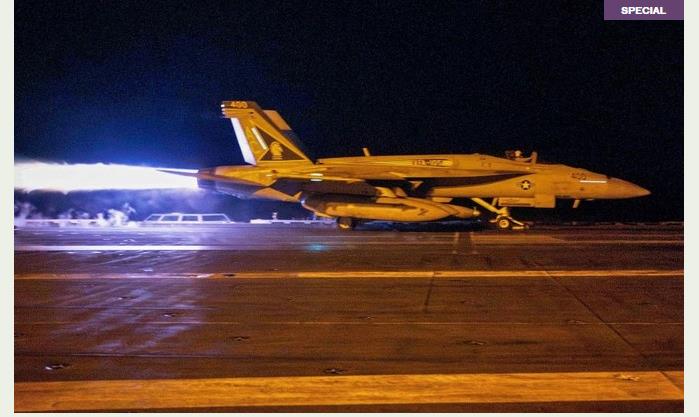
Fed up with shouldering the burden of Europe’s bloated asylum system, locals have protested against the presence of the migrants on their shores
That anger has spilled over into violence, with an extremist minority accused of leading attacks on newly-arrived migrants, intimidating media and targeting aid workers
LESBOS ISLAND, Greece: Several aid groups on Greece’s Lesbos said Tuesday they were suspending work with refugees and evacuating staff in the wake of violence by locals, amid fear and confusion on an island in the crosshairs of the migrant crisis.
While Greece’s land border with Turkey has seen the largest push of migrants heading for Europe in recent days, there has also been a surge in those attempting the short boat journey to Greece’s northern Aegean islands.
In an effort to curb the influx, which erupted after Ankara said last week it would no longer stop refugees from entering Europe, Athens has suspended asylum procedures and bolstered its borders.
On the islands, the new arrivals have exacerbated an already combustible climate.
Lesbos hosts more than 19,000 refugees and migrants crammed into squalid conditions around a camp built to house less than 3,000, a legacy of the 2015 migration crisis.
Fed up with shouldering the burden of Europe’s bloated asylum system, locals have protested against the presence of the migrants on their shores, saying they threaten safety, public health and a tourism-dependent economy.
That anger has spilled over into violence in recent days, with an extremist minority accused of leading attacks on newly-arrived migrants, intimidating media and targeting aid workers, according to several groups based on Lesbos.
“Once night falls, there are non-stop attacks on NGOs, on workers, on people who are here as volunteers,” said Douglas Herman, co-founder of the organization Refocus, which teaches media skills to refugees.
“Most of those organizations right now have started to suspend their operations, some indefinitely. Many have advised their staff to leave the island, and many have heeded that call,” he told AFP, adding that all six of his group’s current volunteers are departing.
The violence has been waged by “fascist” mobs, he said, describing roadblocks manned by thugs who have attacked or threatened people inside their cars.
The Dutch group Boat Refugee Foundation, which provides medical care in Lesbos’ Moria camp, said its staff and other aid workers were victims of such an assault by island residents on Sunday.
“Their cars were hit with steel pipes,” a spokesperson told AFP, adding that the violence appears to be led by a “small group of right-wing extremists” who want to prevent more refugees from coming.
The foundation’s medical clinic has called a pause until it is deemed safe enough to continue, she added.
On Monday night, the crew of the human rights observation ship Mare Liberum said it was also “attacked by a mob of fascists” while docked on the island.
“They shouted, threatened us (and) poured gasoline on our deck!” the organization wrote on Twitter.
Police, who have been accused of a sluggish response, have opened an investigation after reports of several “attacks on people and cars” on Lesbos, a police source told AFP.
A day earlier officers fired tear gas at refugees who protested their detainment at the overflowing Moria camp.
After the recent surge of some 1,720 migrants to the Aegean islands in four days, the numbers slowed Tuesday as strong winds roiled the sea.
But confusion prevailed on Lesbos, where some migrants were boarded into vans for transfer only to be returned later to the beach where they had been camping.
In the main city of Mytilini, police pushed back several hundred migrants who had gathered to reach the port because they heard a boat was leaving for the mainland.
Several dozen new arrivals were set to sleep there overnight.
Earlier, the island’s MP Haralambos Athanasiou told AFP that all new arrivals would be “systematically sent to the mainland” and then back to their country.
In the meantime, not all aid groups are leaving.
“We don’t plan to move,” said the medical coordinator of Medecins du Monde, Dimitris Patestos.
There is “fear and insecurity” among some staff but so far the group had not encountered issues with locals, he added.












